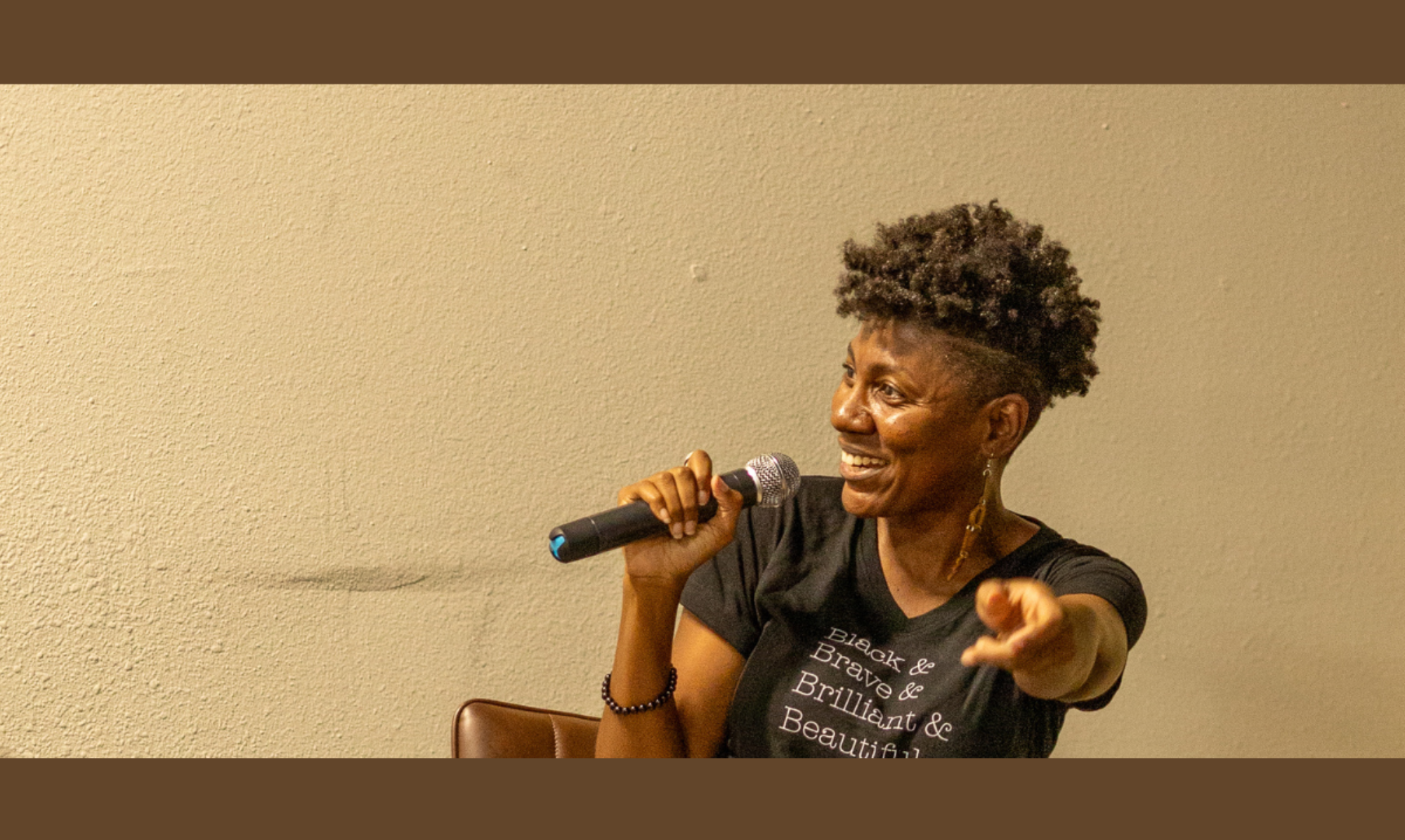I want to talk about three movies that illustrate a larger pattern of colorism in Hollywood and colorism among the masses of movie goers around the world: The Woman King, Black Panther, and The Little Mermaid.
Watch/Listen Here or Scroll to Read:
The Little Mermaid, Racism, and Colorism
Because a Black actress, Halle Bailey, is playing Ariel in TLM, we have seen terrible, racist backlash. Despite her experiences of this ugly and violent racism, Halle Bailey is still, simultaneously benefiting from colorism.
Lighter-skinned actresses are far more likely to be cast in roles like this than dark-skinned actresses. Lighter-skinned people in general are far more likely to be positioned as barrier breakers, the first to cross the color line. We saw this in the sphere of politics with Barack Obama and Kamala Harris, for example. As radical as it might seem to some that any non-white person plays Ariel, we are much farther away from seeing a dark-skinned Black girl starring in this kind of movie. Definitely not one with afro hair and broad features.
Additionally, our collective compassion and willingness to rally around Halle Bailey and her new film is also enabled by colorism. Dark-skinned Black women rarely get the same levels of support from our own people and supposed allies when we also face racism and colorism. I’ve said before: “Because of biases and stereotypes, light-skinned people are more likely to garner empathy, sympathy, support, and sponsorship from others.” I can definitely see this playing out here for consciously colorist people and the many more who are un/subconsciously colorist.
I’m happy about this expansion of representation in mainstream media. And I feel and understand how we have so much farther to go in order for all Black girls to feel seen and valued in society.
Why are Black Panther and The Woman King Received Differently?
I contrast this with the more reticent support for The Woman King, and I contrast that with the global celebration of a similar war movie: Black Panther.
There are significant differences between TWK and BP that contribute to the different receptions of both: Budget is probably one of the biggest differences, and related to budget is the overall industry support, marketing, number of A-list actors, positioning within a larger franchise (Marvel, Avengers, etc.). But using the lens of colorism, I see an even more nuanced difference.
Black Panther has been celebrated for its representation of dark-skinned Black women. However, the film itself was not centered on a majority dark-skinned Black women cast and storyline. Yes, in BP we got to see more representation of dark-skinned Black women, but it wasn’t really their story. They were not the protagonists. It wasn’t all-dark-skinned-Black-women-all-the-time. The titular character was a man. A Black man and Black men were centered in BP. A Black man was positioned as the hero of the story.
The Woman King and Dark Skinned Black Women in Film
The Woman King tells the story of dark-skinned Black women. In this film, it’s all dark-skinned Black women all the time. Dark-skinned Black women are the heroes, the protagonist, the nominal character.
This is the intersectionality of gender. Society has always been more willing to accept and embrace dark-skinned men than dark-skinned women.
Supporting The Woman King is one small, practical way to do something about colorism in the media (and in society). For all the many people who continuously ask me what to do about colorism: Go see The Woman King in theaters. This is where the rubber meets the road. This is your opportunity to not just talk that talk but also walk that walk. This is a relatively low-stakes way to do your work on colorism. If you’re hesitant to go see a movie solely to support an all-dark-skinned Black women cast, it’s questionable whether you’ll be able to stand against colorism in moments when the stakes are even higher, when there’s even more risk and effort involved.
Even if you end up hating the movie, dark-skinned Black women are worth the gamble. How many mediocre, cringe-worthy, or downright terrible films and TV shows have you seen? How often have you taken a chance on films or shows starring Black men? How often have you taken a chance on films or shows starring white or light-skinned women?? Watching a film or show is always a gamble as to whether you’ll like it. Why’s there so much resistance to taking that same gamble on a film featuring multiple dark-skinned Black women in leading roles???
How many people saw Black Panther just to show support for a Black story?
How many people will go see The Little Mermaid just to support Halle Bailey and resist racism?
How many people will go see The Woman King just to support dark-skinned Actresses and resist racism and colorism?
If you’re interested in my speaking, training, or consulting services, please contact me here.

